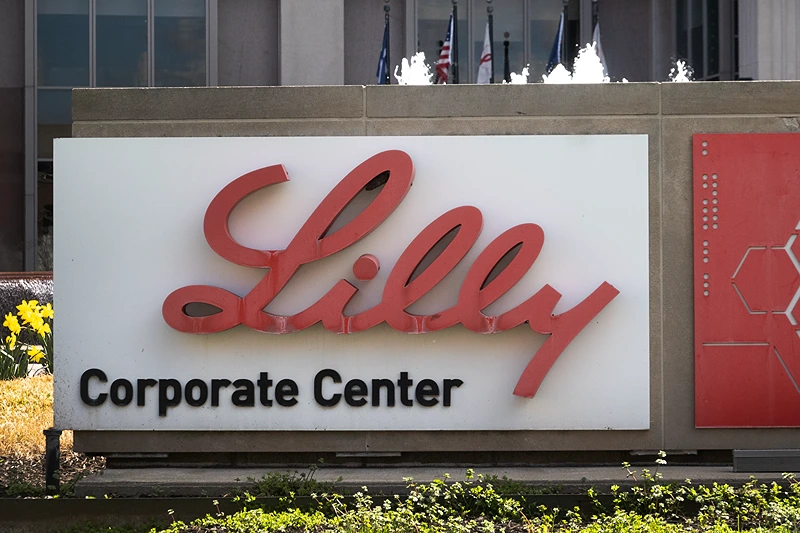FDA Approves Donanemab, Eli Lilly’s Treatment for Early Alzheimer’s Disease – One America News Network

OAN’s Brooke Mallory
3:50 PM – Tuesday, July 2, 2024
Donanemab is a monoclonal antibody that the U.S. Food and Drug Administration (FDA) approved on Tuesday with the goal of slowing the progression of early-stage symptomatic Alzheimer’s disease.
Advertisement
Eli Lilly, a company based in Indianapolis, manufactures a medication called donanemab that reportedly helps the body remove amyloid plaque accumulation in the brain, which is a key sign of Alzheimer’s disease.
According to Lilly, it will be marketed under the name “Kisunla” and will cost $695 per vial, before insurance. Depending on when the patient finishes their therapy, this comes out to $12,522 for a six-month course of treatment or over $32,000 for a year.
Clinical trials have demonstrated that donanemab slows the progression of Alzheimer’s disease, allowing patients to live longer and safely engage in daily activities. Nonetheless, it is not a cure for the disease.
In June, Lilly reported to an FDA advisory group, saying that late-stage clinical study data demonstrated “highly meaningful results” for donanemab users, with a roughly 35% decreased risk of disease progression over a year and a half when compared to placebo users. The FDA advisors agreed that the treatment was safe enough and did not pose any threat to the majority of consumers.
However, Lilly also informed the committee that, while significant side events were rare, they did occur during the medication trial and affected 2% of participants. A small percentage of those who received donanemab experienced a “slightly higher mortality rate: 2%, compared with 1.7% in the placebo arm of the trial,” according to CNN.
Three patients who experienced ARIA, or amyloid-related imaging abnormalities, died while taking the medication. Lilly informed the FDA advisers that it included an additional MRI exam in the experiment before administering second doses in order to identify participants who had asymptomatic ARIA, as the majority of ARIA occurrences occurred during the first six weeks of the trial. If it was identified, medical professionals would stop treating it to allow it to clear itself and avoid getting worse or exhibiting new symptoms.
Although it was less common than in the donanemab study, some patients in trials of Leqembi, another medication that is already on the market, also experienced ARIA. Leqembi has been linked to patient fatalities as well.
Lilly stated on Tuesday that it is “collaborating with others” to enhance early identification and diagnosis since the medications are most effective when used during the early stages of the disease’s symptoms.
“Each year, more and more people are at risk for this disease, and we are determined to make life better for them,” said Anne White, the executive vice president and president of Lilly Neuroscience.
According to the Alzheimer’s Association, one in three senior Americans passes away from Alzheimer’s disease or another type of dementia, accounting for a higher death toll than breast and prostate cancer combined.
Stay informed! Receive breaking news blasts directly to your inbox for free. Subscribe here. https://www.oann.com/alerts


